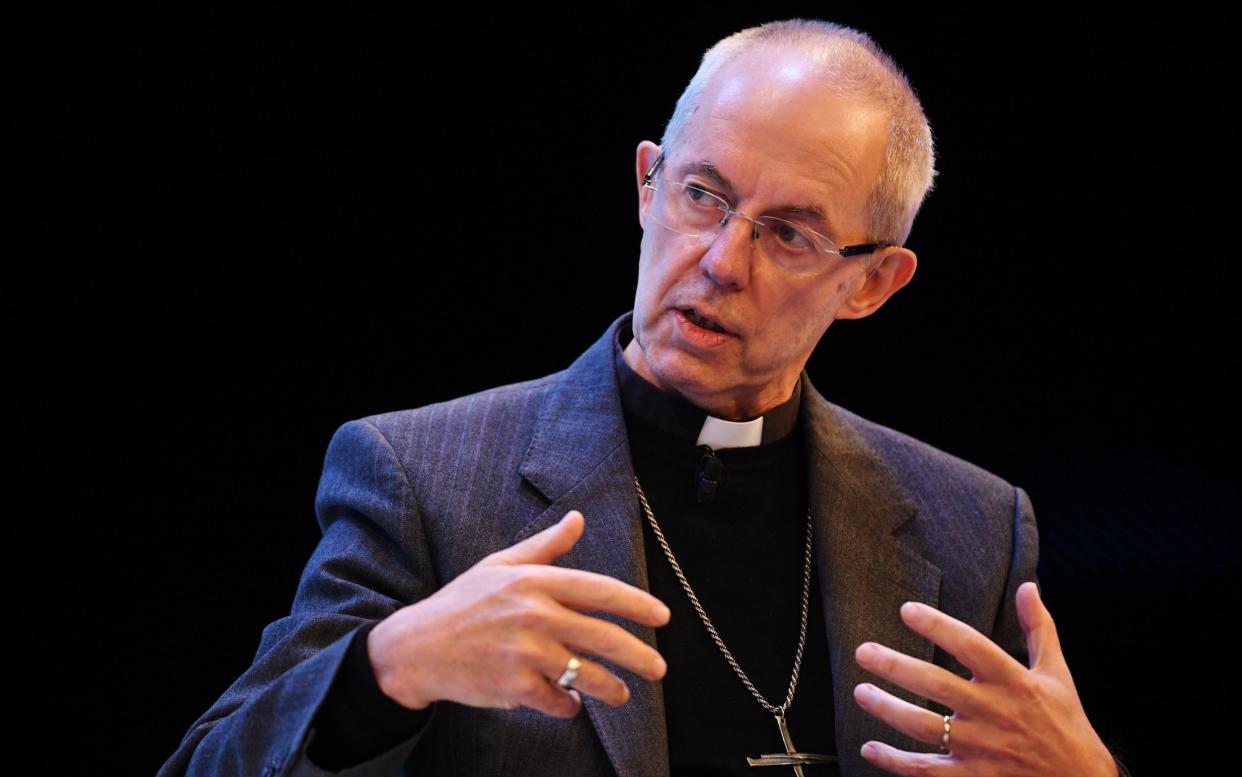Church of England urges Covid-19 rules rethink as worship is not an 'optional extra'

The Archbishop of Canterbury will ask the government to explain why communal worship will not be allowed during lockdown, arguing the sacraments are not an "optional extra".
The new four-week lockdown will curb communal worship and bar believers from accessing services and the sacraments.
Core doctrines and ceremonies are not “either or” additions to the faith and politicians must justify denying them to the faithful, church leaders have said.
The Archbishop of Canterbury has co-written an open letter stating the Church of England was not consulted on lockdown restrictions, and the institution is seeking answers.
The Bishop of Shewbury has also insisted that communal worship cannot be dismissed as “non-essential”.
Currently services are barred while support groups, childcare, and individual prayer will be allowed at church.
Justin Welby is asking for clarification on why “certain exemptions” have been made while the communal worship and the sacraments - like receiving the Eucharist - will be denied to believers.
He has stated along with the Archbishop of York and Bishop of London that: “The sacramental life of the church cannot be seen as an optional extra.
“Nor can we separate out our worship from our service, it is always both and not either or.”
The letter continued: “Worship online still means that the people of God do not have access to the sacraments which are so central to our life in Christ.
“This is a huge loss and since we were not consulted about the lockdown provisions, we fully intend to speak with Government about why certain exemptions are made and not others, emphasising the critical role that churches play in every community.”
The Bishop of Shrewsbury Mark Davies has said he was “astonished” to find communal worship would be barred under new lockdown rules, and demanded evidence to support the supposed risks of church attendance.
He said in a statement: “It is a momentous act for any political authority to seek to ban public worship across a nation.
“We are asking our Government and political representatives to provide the evidence on which they seeking to impose a ban on all public worship in England.
“We believe that public worship is not part of the problem we face rather it is part of the solution to this deeply human crisis.”
The Church of England has followed the forceful response from the Catholic Church and Muslim Council of Britain, with religious leaders disappointed by the bar on beneficial communal worship.
Weddings and civil partnerships will be allowed only in exceptional circumstances, and broadcasting acts of worship will also be permitted.

 Yahoo News
Yahoo News 
